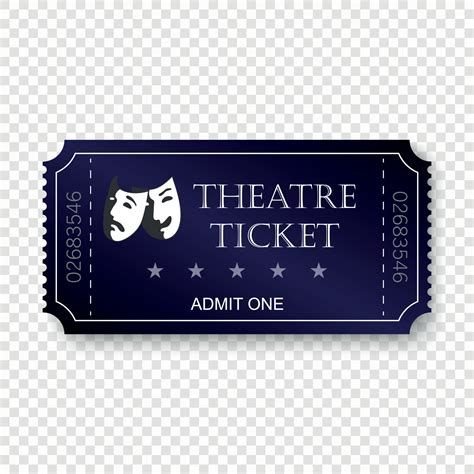Buying tickets for events, concerts, sports games, or theater performances can often feel like navigating a maze. With prices fluctuating wildly and various fees added at checkout, it’s essential to understand how ticket pricing works tickets and ticket price. In this ultimate guide, we’ll explore the factors that influence ticket prices, the different types of ticket pricing models, and tips for finding the best deals.

1. Factors Influencing Ticket Prices
Demand and Supply
The fundamental economic principle of supply and demand plays a significant role in ticket pricing. When an event is highly anticipated, demand increases, often leading to higher prices. Conversely, if ticket sales are sluggish, prices may drop as sellers try to attract more buyers.
Event Type and Venue
The nature of the event can dramatically affect ticket prices. Major sporting events, popular concerts, and award shows typically command higher prices due to their star power and larger audiences. Additionally, the venue size and location are crucial; larger venues in metropolitan areas generally have higher ticket prices than smaller venues in less populated regions.
Timing of Purchase
The timing of your ticket purchase can also impact the price. Tickets are usually cheaper when first released, but prices can rise as the event date approaches and availability dwindles. On the flip side, last-minute deals can sometimes be found, especially for events that have not sold out.
Seating Categories
Events often have different pricing tiers based on seating location. Front-row seats or VIP packages typically come at a premium compared to general admission or seats farther from the stage or field.
Fees and Taxes
Be mindful of additional fees that can inflate the final price of a ticket. Service fees, processing fees, and local taxes can all add a significant amount to the cost, sometimes even exceeding the base ticket price. It’s essential to factor in these costs when comparing ticket prices.
2. Types of Ticket Pricing Models
Dynamic Pricing
Many organizations now employ dynamic pricing, where ticket prices fluctuate based on real-time demand. This model allows sellers to adjust prices frequently, which can lead to lower prices during low demand but higher prices as the event approaches or sells out.
Fixed Pricing
Fixed pricing means that the ticket price is set at the time of release and does not change. This model is commonly used for events that are less likely to sell out or for venues with consistent demand.
Auction or Resale Models
In some cases, tickets are sold via auction or through resale markets. Here, prices are determined by how much buyers are willing to pay, often leading to inflated prices for high-demand events. While this can result in paying above face value, savvy buyers can also score great deals on resale platforms if they know when to shop.
Subscription Models
Some organizations offer subscription services where fans pay a flat fee for access to a certain number of events or a membership that includes discounts on ticket purchases. This model can be beneficial for regular attendees.
3. Tips for Finding the Best Deals
- Do Your Research: Keep an eye on ticket prices over time for your desired events. Websites and apps that track ticket prices can give you a sense of whether prices are rising or falling.
- Set Alerts: Many ticketing platforms allow you to set alerts for specific events or price drops. Take advantage of these features to catch deals as they become available.
- Buy in Advance: If you know you want to attend an event, purchasing tickets early can often save you money.
- Consider Different Sellers: Don’t just check one site; different ticket vendors may have varying prices for the same event.
- Be Flexible: If possible, consider attending on less popular days or at non-peak times to find cheaper tickets.
- Watch for Promotions: Look out for promotions or discounts offered through social media, email newsletters, or partnerships with credit cards and loyalty programs.
Conclusion
Understanding ticket pricing is essential for any savvy event-goer. By recognizing the various factors that influence prices and employing strategies to find the best deals, you can enjoy your favorite events without breaking the bank. Whether you’re gearing up for a concert, a theater show, or a major sporting event, being informed will empower you to make smarter purchasing decisions.

